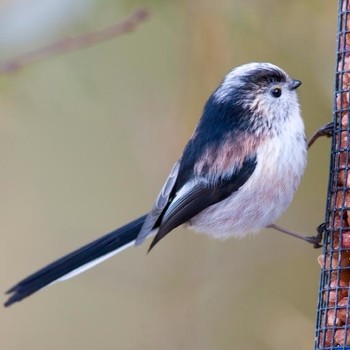Global warming is causing the ice caps to melt. What is the most likely effect on northern wildlife?
1 Answer
More competition is the leading factor.
That being for food, territory, mates.
Explanation:
Global warming which speeds up and effects climate change has lead to a variety of impacts across our planet, on our natural and human environments, but one of the main route causes to a lot of the current fears is sea-level rise, and that is caused by the excess melt water on the polar ice caps.
Ice in the arctic supports many organisms, such as Polar Bears which lifestyle revolves around the existence of ice, and as it melts will find it's self moving further north to find ice or will eventually will find itself extinct.
Ice caps melting and water effects weather, so much so that many animals have recently had to move further north as precipitation in a warming world has led to it falling more as rain rather than snow, leading some animals, such as the Muskox, struggling to forage for food as the rain freezes over the ground.
When these animals move north, animals such as wolves also have to move north as when their food/prey moves, they need to move with it also.
Due to this, many animals have been increasingly more starved, and many animals are unable to support their young or their unborn young and the young die.
As temperatures increase also, many of these organisms come into contact and competition with organisms that survived more south to them, who have moved up north as temperatures increase. This puts more pressure on the northern ecosystems as it tries to support the large numbers of organisms moving into smaller areas to try survive, which will eventually lead to many of the northern organisms, unless if they adapt, to become extinct.
Hope this helps.
-Charlie

